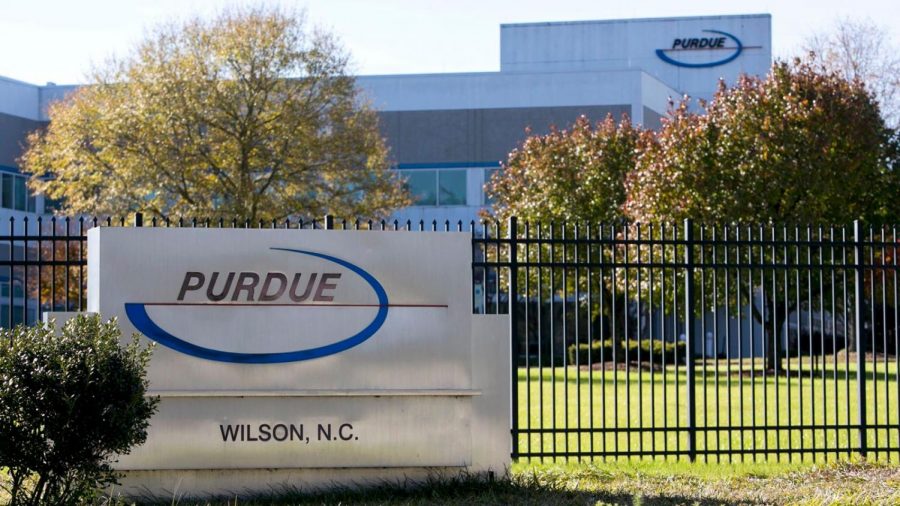Purdue Pharma Settlement Does Not Provide Justice
450,000 people dead. This number resulted from the greediness of pharmaceutical companies who chose to lie to the medical community that opioids, such as OxyContin, were safe and non-addictive. For their gain, many people and their families have paid the ultimate price. Currently, an estimated 130 people die every day of an opioid-related overdose; this crisis is real and isn’t going away anytime soon. The misuse of opioids has run rampant throughout America, tearing apart families in its wake, yet no one has been brought to justice. On Oct. 21, Purdue Pharma, the creator of OxyContin, pled guilty to criminal charges in relation to its advertising of the drug. This deal falls flat of expectations and is nowhere near the retribution needed to bring them to justice.
The deal is only symbolic, with no real repercussions for Purdue Pharma or the Sackler family. While Purdue Pharma agreed to the criminal settlement of $8.3 billion, they will pay nowhere near that much. The company is valued far under the amount of the settlement. After declaring bankruptcy last year, most of the fees will be waived, and they might end up giving the Justice Department only $225 million. $225 million for the thousands that have wound up addicted because of false advertising, those who have died from overdoses from a drug that their doctor told them was safe. $225 million is far from satisfactory, but the deal only worsens with the Sackler family’s portion of the settlement.
The Sackler family, who are the founders of Purdue Pharma, are currently estimated to be worth $13 billion. Most of these earnings have come from their lies to the medical community, all in the name of acquiring more money. As the sale and prescription of OxyContin went through the roof, so did the Sacklers’ profits. Yet, the Sackler family, who sat on the board and oversaw this terrible crisis, are only going to have to pay $225 million and give up the ownership of their company. $225 million is too small a portion of the vast fortune they have made out of the suffering and deaths of so many. Even giving up the company brings no justice to the families who have lost loved ones or watched them succumb to addiction. The Sackler family already removed a large portion of their money and involvement from the company before pleading guilty to these charges. They knew the system, they played the system and they won. The losers are the American people.
This is not justice. It lets the true perpetrators of this crime off paying too little money, not enough to adequately fund any type of opioid abuse prevention. This victory may feel productive on the surface, with the big, shiny number of $8.3 billion. However, the more one looks into it, the more one gets to see yet another example of the Justice Department’s inability to bring true justice for the American people who have been affected by the opioid epidemic. But what would true justice even look like? No amount of money is going to bring back the 450,000 people who have died since 1990. No amount of money is going to fix the chronic, lifelong issues from opioid addiction. No amount of money can fix the grief and pain that these families went through. We can’t fix the destruction that has already been done, but we can work to prevent future destruction.
The first thing that should be done to create lasting justice is to fight for larger amounts of money from the pharmaceutical companies that lied and extorted the American people for pure profit. These larger sums of money would fund programs to help prevent future opioid addiction and work to help those who are currently battling an addiction. The companies who profited from this terrible epidemic deserve to be the ones paying for these beneficial programs to fix the destruction they have caused.
We have only taken the first step on the long road to bring justice to the many that have been lost. This settlement may have fallen flat in creating the momentum for change that so many desperately want, but this only adds to the larger movement for justice. The fight isn’t over. The Sackler family has other charges to face for their criminal actions within Purdue Pharma. We need to continue to show people in power the justice we want to see from these future proceedings. We need to work to fund programs that deal with opioid abuse. On Oct. 21, a lack of justice may have been served, but there are many more cases to come and it’s up to us to speak for the 450,000 people that have been lost.
Samantha Scott, FCRH ’24, is an international political economy major from Columbus, Ohio.













































































































































































































